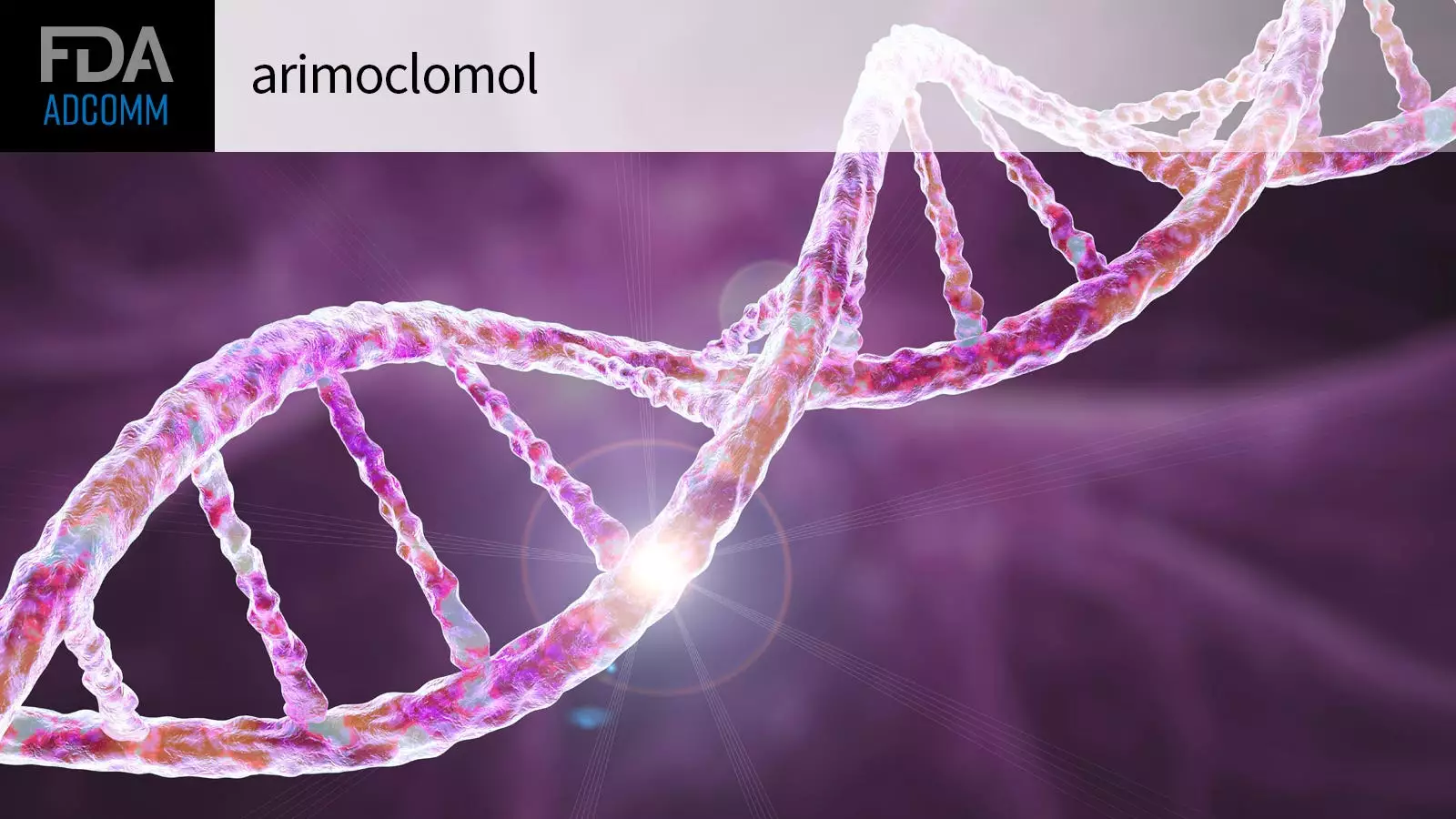The recent vote by the Genetic Metabolic Diseases Advisory Committee regarding the investigational treatment for Niemann-Pick disease type C has sparked a variety of opinions among members. While the majority of the committee agreed on the treatment’s efficacy, there were still lingering concerns expressed by some of the advisors.
In a close 11-5 vote, the committee deemed the totality of clinical and nonclinical data supporting arimoclomol for adults and children with Niemann-Pick disease type C as reasonable for approval. This comes as a hopeful sign for the treatment landscape, which currently lacks targeted therapies for this ultra-rare and fatal neurovisceral genetic disorder. However, some members of the committee expressed reservations about the clinical trial results, with opinions ranging from reluctance to cautious optimism.
The primary endpoint of the successful 50-patient phase II/III randomized clinical trial was re-scored based on FDA recommendations to address previous concerns. The trial showcased a slower rate of disease progression in the arimoclomol group compared to the placebo group, indicating a positive effect of the treatment. However, the inclusion of additional in vitro and in vivo studies, as well as a 4-year open-label extension trial, was met with mixed reactions from the panel members.
One of the key points of contention among the committee members was the mechanism of action of arimoclomol. While the treatment’s synthetic pyridine derivative is believed to impact certain biochemical mechanisms, including the activation of transcription factors, some advisors felt that more clarity was needed in this area. The lack of understanding regarding the dosing of the mice in nonclinical studies raised concerns for those who ultimately voted against the approval of arimoclomol.
Despite the reservations surrounding the mechanism of action and nonclinical data, several committee members highlighted the favorable safety profile of arimoclomol. With only two treatment-related serious adverse events reported in the pivotal trial, the treatment was deemed well-tolerated. This aspect of the data was particularly crucial for those who voted in favor of approval, emphasizing the importance of efficacy without significant side effects for rare disease patients and their families.
While the Genetic Metabolic Diseases Advisory Committee’s recommendation is not binding, the FDA typically follows their guidance. A final decision from the FDA on the approval of arimoclomol for Niemann-Pick disease type C is expected to be announced by September 21, 2024. The cautious optimism expressed by some committee members highlights the delicate balance between acknowledging the potential benefits of a new treatment and ensuring thorough evaluation of all available data.
The debate surrounding the approval of arimoclomol for Niemann-Pick disease type C underscores the complexity of evaluating investigational treatments for rare genetic disorders. While there is optimism about the treatment’s potential efficacy, lingering concerns about the mechanism of action and nonclinical data warrant careful consideration. The upcoming FDA decision will be crucial in determining the future of this investigative therapy and its impact on patients and families affected by this devastating condition.


Leave a Reply